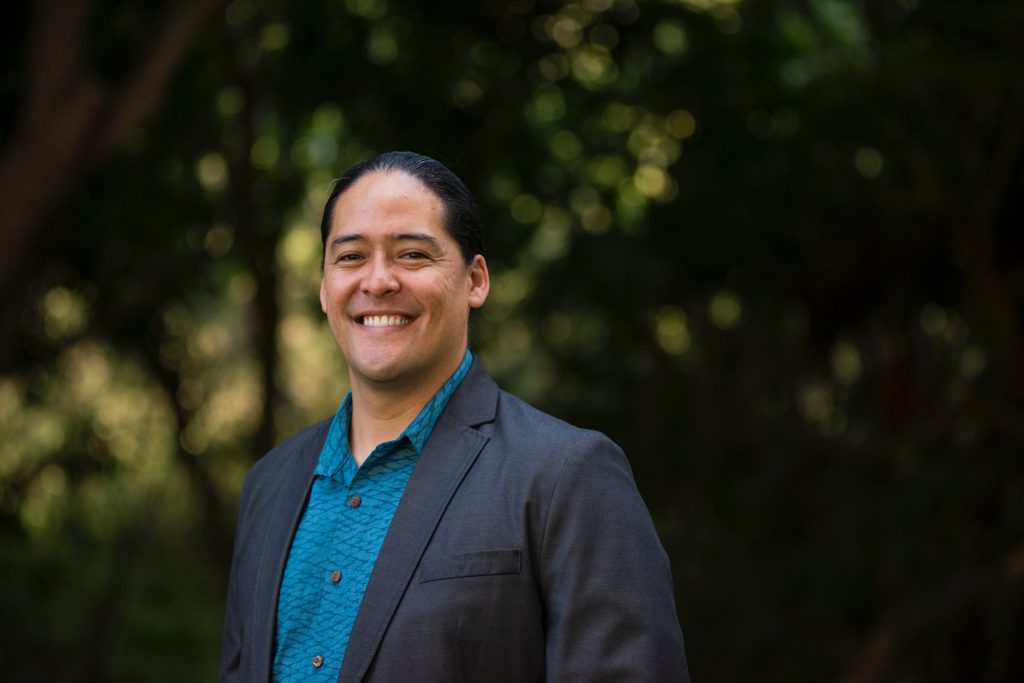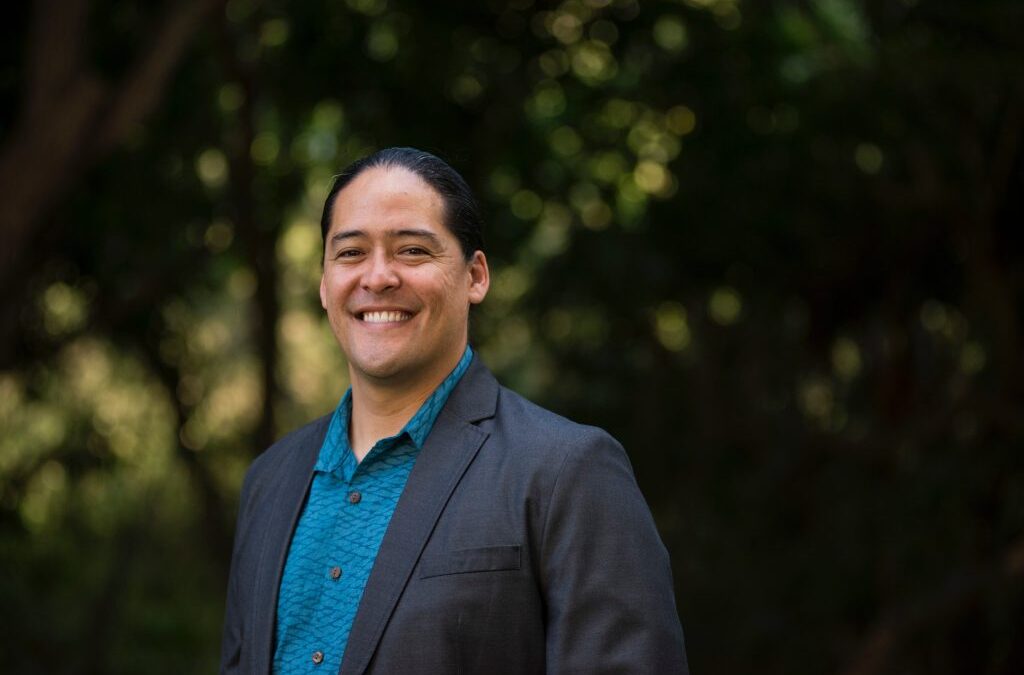In a positive turn of events, the Hawaiʻi State Commission on Water Resource Management has decided to reinstate 1st Deputy Kaleo Manuel. This decision comes after a controversial redeployment that occurred following accusations made by a landowner regarding delayed access to water during the Aug. 8 Lahaina fire. The announcement of Manuel’s reinstatement was made by Dawn Chang, Chairperson of the commission, and the reinstatement is effective immediately. The decision to reinstate Manuel comes after pressure from the Maui County Council and widespread support from Native Hawaiians and conservationists. It remains to be seen what the investigation into the allegations of delayed access to water concluded, but this reinstatement is a positive step forward for deputy Manuel and the Commission on Water Resource Management.

This image is property of media.mauinow.com.
Reinstatement of 1st Deputy Kaleo Manuel
The Hawaiʻi State Commission on Water Resource Management has reinstated 1st Deputy Kaleo Manuel, following his controversial redeployment. This decision comes after pressure from the Maui County Council and others. Manuel had been accused by a landowner of delaying access to water during the deadly Aug. 8 Lahaina fire. The reinstatement was announced by Dawn Chang, Chairperson of the commission, and is effective immediately.
Announcement by Dawn Chang
Dawn Chang, the Chairperson of the Hawaiʻi State Commission on Water Resource Management, made the announcement regarding the reinstatement of 1st Deputy Kaleo Manuel. Chang expressed gratitude towards Dean Uyeno, who had been serving as the Acting Deputy Director of CWRM during Manuel’s redeployment. The announcement did not provide details about the conclusion of the investigation into the accusations against Manuel.
Effective immediately
The reinstatement of 1st Deputy Kaleo Manuel is effective immediately, ensuring that he can resume his duties promptly. This decision signifies that the Hawaiʻi State Commission on Water Resource Management has confidence in Manuel’s abilities and is satisfied with the outcome of the investigation.
Completion of investigation
The state Attorney General requested that Manuel be deployed to another division of the Department of Land and Natural Resources while an investigation into certain personnel events related to the August 8, 2023, Maui wildfires was completed. The recent announcement of Manuel’s reinstatement indicates that the investigation has been concluded.
Anger from Native Hawaiians and conservationists
The removal of Manuel as the top staff member of the commission outraged many Native Hawaiians and conservationists. They believed that Manuel had been unfairly treated and supported him through rallies and demonstrations. Their anger stemmed from the accusations against Manuel, which they deemed unjust and detrimental to his reputation.
Support rallies and lawsuit
Rallies were organized by supporters of 1st Deputy Kaleo Manuel to demonstrate their solidarity with him. These rallies aimed to raise awareness about Manuel’s situation and advocated for his reinstatement. Additionally, a lawsuit was filed in a Honolulu Court, challenging the legality of Manuel’s removal. The lawsuit sought to rectify what the filers viewed as an unlawful action.
Resolution by Maui County Council
The Maui County Council adopted a resolution urging the reinstatement of 1st Deputy Kaleo Manuel as the first deputy of the Commission on Water Resource Management. Council member Keani Rawlins-Fernandez introduced the resolution, highlighting the productive work Manuel had accomplished during his tenure. The resolution emphasized the positive impact Manuel had on the Commission and garnered further support for his reinstatement.
Productive time as Deputy
During his time as the Deputy for the Commission on Water Resource Management, Kaleo Manuel was widely recognized for his productivity and contributions. Members of the community hailed his tenure as one of the most fruitful for the Commission. Manuel’s work was valued and appreciated, further fueling the support for his reinstatement.
Statement from DLNR
In a press release, the Department of Land and Natural Resources (DLNR) stated that Manuel’s deployment did not imply any wrongdoing on his part. The DLNR encouraged the media and the public to refrain from making judgments until all the facts were known. This statement aimed to maintain a fair and unbiased perspective on the situation.
Accounts of Glenn Tremble’s request
Glenn Tremble, an executive of the West Maui Land Co., reportedly requested Kaleo Manuel to divert water from streams to the company’s reservoirs to combat the Maui wildfires. However, it was alleged that Manuel did not grant the request until five hours later, rendering it ineffective against the devastating Lahaina fire. These accounts played a crucial role in the accusations made against Manuel and created a contentious environment.
Press conference by community activists
During a press conference held by community activists, Kekai Keahi, one of the individuals involved in filing the lawsuit, expressed their perspective on the water diversion issue. They argued that rerouting the water would not have helped fight the fires since the streams were not connected to county facilities or fire hydrants. This statement aimed to refute the notion that Manuel’s alleged delay in granting the request had significant consequences for controlling the wildfires.
Appointment of Kaleo Manuel in 2019
Kaleo Manuel was appointed to the position of 1st Deputy of the Commission on Water Resource Management in 2019. His appointment was made by then DLNR Chair Suzanne Case in consultation with Governor David Ige. Manuel’s appointment was well-received, with Case highlighting his extensive experience in water resource management and his ability to merge Western educational training with traditional Hawaiian values. Manuel’s appointment signified the opportunity to achieve a balance in water resource use and protection in Hawaiʻi, incorporating the public trust, aquatic life restoration, traditional practices like taro farming, and diversified agriculture for food security.

